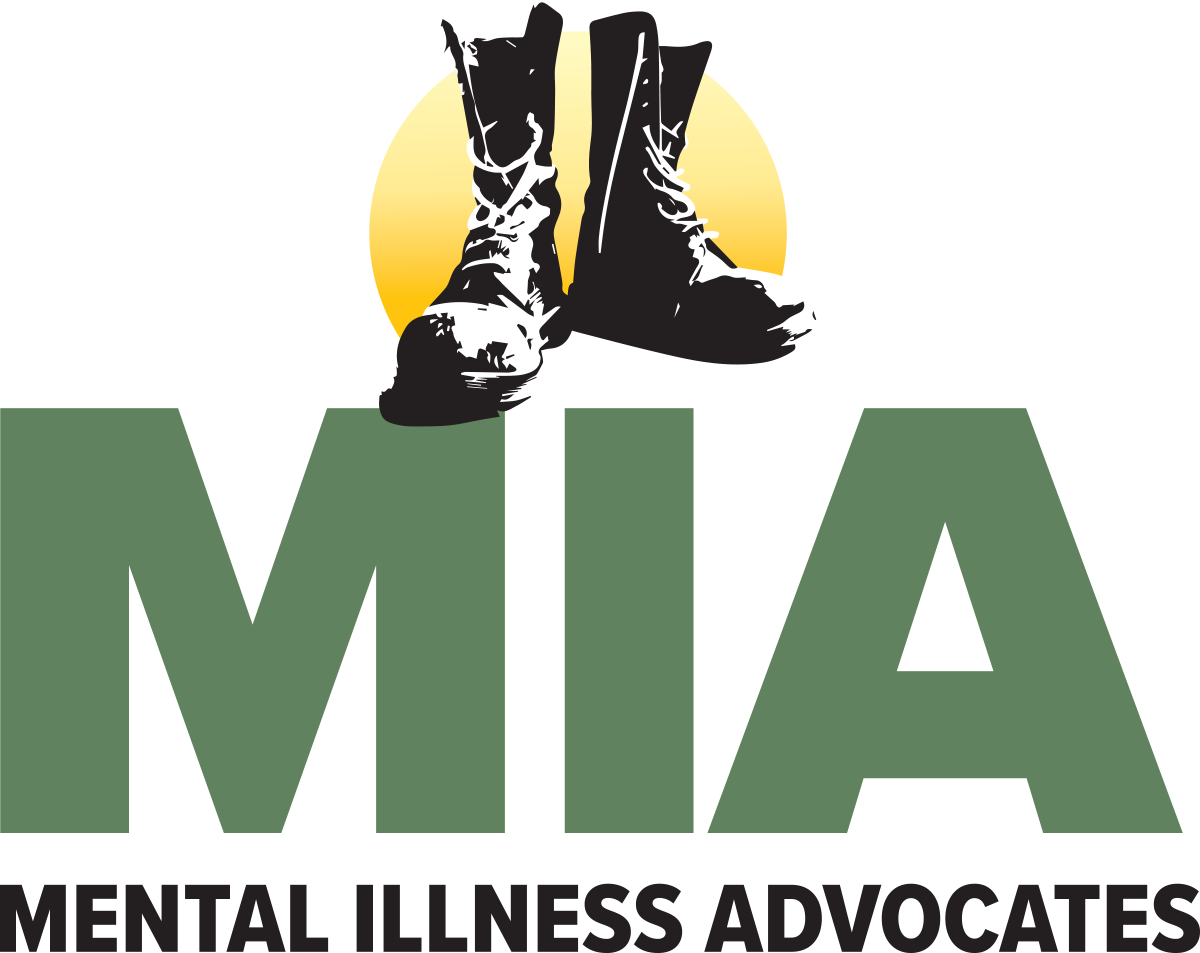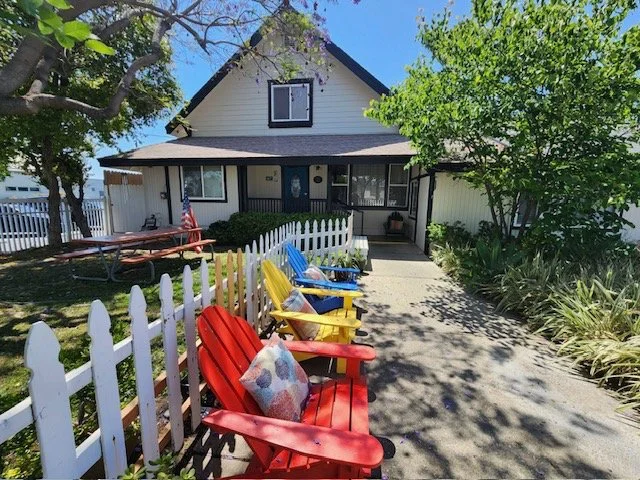Christine Stellino, ASW
Executive Director, HIS-OC (Homeless Intervention Center of Orange County)
MIA is an inspiring and emerging organization meeting a critical need in the mental health space. Far too often, parents, guardians, and loved ones are left feeling isolated and unsupported when navigating the challenges of a family member’s mental illness. MIA steps in to fill that gap with compassion and understanding.
What makes MIA stand out is its commitment to healing together, normalizing the pain, anger, regret, and guilt that so many carry silently. This group fosters a safe and supportive environment where families and individuals can process their emotions, share experiences, and find strength through community.
As awareness of mental health continues to grow, organizations like MIA are essential. Their mission is both timely and deeply needed. I truly believe they will continue to grow and make a lasting impact in the lives of many.
Angie Boroomand, AMFT, APCC
“As both a sister to someone diagnosed with bipolar disorder and schizophrenia, and as a mental health professional, I know firsthand how isolating, overwhelming, and confusing it can be to navigate the mental health system. I was just twelve years old when I found myself on the phone with emergency responders, trying to save my brother’s life. That moment changed the course of both our lives—and launched my journey as an advocate.
Over the past eighteen years, my family has been entangled in a maze of court battles, conservatorships, and correctional facility visits. Despite our efforts, we often felt alone—confused by legal jargon, failed by systems that prioritized crisis over care, and desperate for someone to guide us. That’s why Mental Illness Advocates is so vital. This organization offers the exact support we so desperately needed but couldn’t find: compassionate guidance, resource navigation, and a voice of experience from people who truly understand.
Now, as a therapist, I work with families just like mine—people trying to make sense of their loved one’s diagnosis while holding onto hope. I see every day how families are left in the dark, blamed, or dismissed. Mental Illness Advocates bridges that gap, empowering families through education, advocacy, and support. This nonprofit stands not only as a beacon of hope but as a roadmap for families facing what often feels like an impossible journey.
This work is personal. It’s also necessary. And it’s time families stop walking this road alone.”
Fotini Rathi, Restorative Practice Intervention Specialist
“At a young age, understanding mental illness is very hard, but when you have a family member that’s impacted severely you learn very quickly. For as long as I can remember, I’ve had to navigate what it is to live with and love someone who has severe mental health issues. My brother has taught me many things, but above all; compassion, patience, and understanding. Coping with his mental illness and navigating the system has not been easy for my family and I. We’ve had to continually adjust to his constantly changing condition. There’s no roadmap or guidebook for families starting their journey. People like us need a place to go for help and healing! My family has worked long and hard and we are still trying to understand the complicated mental health system. Support should not be ‘Missing In Action’. Mental Illness Advocates (MIA) and the help they provide is looong overdue.”
Tim H, father
“Mental illness doesn’t just affect one person—it ripples through entire families. My son’s struggle with addiction and untreated mental illness slowly pushed us all to our breaking point. After years of uncertainty, my ex-wife and I ended up separating and living in different states. Watching our family unravel was heartbreaking, especially knowing how deeply we all loved him and wanted to help. MIA gives me hope that someone else won’t have to go through what we did alone.”
Jenna Sanders, housewife and mother
“It makes me happy knowing someone is finally addressing this issue. I watched my cousin’s family descend into chaos after he was diagnosed with bipolar disorder and paranoia. It took years, but he became homeless, my aunt and uncle divorced.
Years later my dad married a wonderful woman with a 23-year-old son, my new brother, diagnosed with schizophrenia. He was very sweet when he was on his medicine, but he didn’t like the way it made him feel, so he would frequently stop taking it. Chaos followed. I experienced being part of two families struggling desperately, trying to figure out what to do about a member suffering with a serious mental disorder. I’m happy to know there is an organization like MIA helping families navigate the stress and heartbreak living with a loved one suffering with severe mental illness.”
Keith Conley, husband and father
“There are a lot of great organizations that care for people living with mental illness.
But one thing I have learned personally is how much the people around them need support too. When someone you love is struggling, it affects you more than most people realize. It can wear you down emotionally, physically, and even spiritually. It can impact your work, your relationships, your outlook on life.
That is why I care so much about the work Mental Illness Advocates is doing. They are a place where family members and friends can find real support, practical tools, and encouragement to keep going. Sometimes, just knowing you are not alone makes all the difference.”






